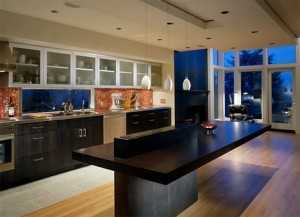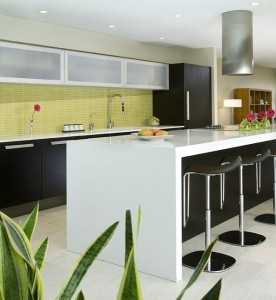We're starting out the new year with a fantastic LEED GOLD penthouse project in an NYC new construction residential building in the Flatiron District. One would think a new construction project would be fairly straight forward and simple - but it's actually not. Developers design these buildings so they can make fast money, and don't always take in to consideration the real users of the space. While wowing you with high end appliances and modern amenities, sometimes things like lighting and AV could be left up to the new owner. Here are 10 things to ask your real estate broker before purchasing a new construction apartment in NYC: 1. Is there accommodation for lighting in the ceiling? This seems like a no-brainer, but in NYC it's all about square footage. New construction is usually concrete slab and the floor to floor heights are often as tight as possible so the developer can squeeze more units out of a lot. By not dropping portions of the ceiling to add electrical, plumbing and HVAC, they can give the new owner a higher ceiling height, but sometimes no accommodation for lighting! The new owner won't be able to add it in later either, because making modifications in the slab could compromise it's structural stability. Make sure your new home at least has junction boxes in the ceiling to accommodate lighting where you need it. 2. What is the ceiling height? It seems...
Loading...
Over the past two weeks, we've been wrapping up the NYC West Village townhouse interior design and renovation we began last November.
Kitchen design and renovation in NYC can present a dizzying array of options for kitchen countertops. Here is a roundup of popular options, with pros and cons…
A homeowner will be exposed to gamma radiation from the granite. Inhalation of radioactive granite dust during installation is a far greater hazard.
In hopes of avoiding the last minute scramble to try and make the virtually impossible happen for a client, I wanted to provide a post on basic tenant fit-out costs in NYC. We want our potential clients to be armed with the proper information to plan wisely, from both a timing and a budget standpoint.
Which got me thinking...Although it's never an exact science, there are a few guidelines we can use to determine what your project will end up ROUGHLY costing before even beginning the design.
End of content
No more pages to load







